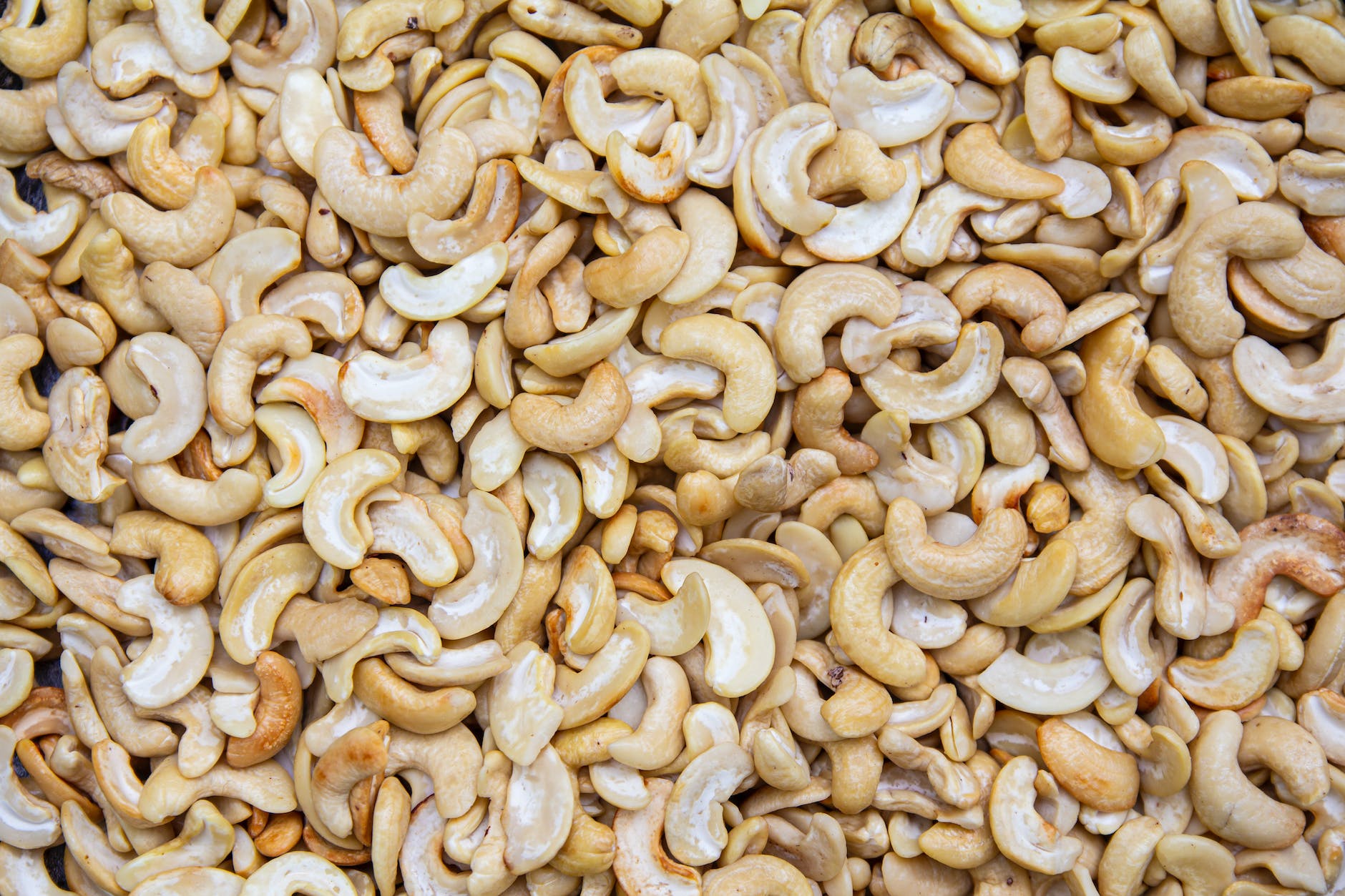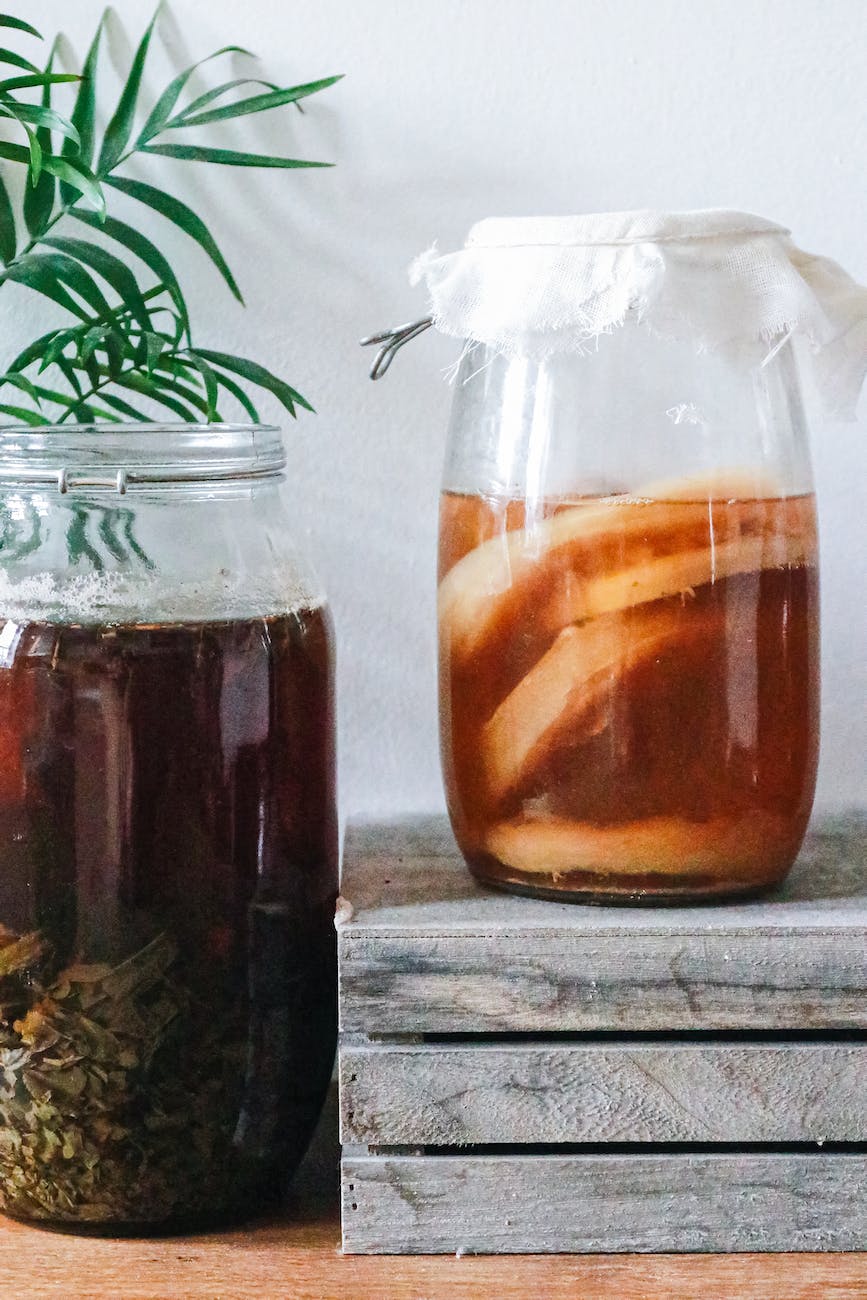
Cashews, with their creamy texture and rich flavor, have captured the hearts of many as a delightful and nutritious snack. But did you know that these nutty wonders offer far more than just taste? In this comprehensive guide, we’ll take a closer look at the numerous benefits of cashews, including their impact on weight management, their impressive nutritional value, and practical ways to incorporate them into your daily diet. Let’s uncover the secrets of these nutrient-packed nuts and discover how they can be a valuable addition to your life.
Nutrition Powerhouse: Cashews for Your Well-being
Before we dive into the specifics, let’s explore the nutritional profile of cashews and their significant role in promoting overall well-being:
1. Protein, Healthy Fats, and More
Cashews are a nutritional powerhouse, providing a rich source of protein, healthy monounsaturated fats, essential minerals like zinc and magnesium, and vitamin E. These nutrients play vital roles in supporting various bodily functions, from boosting the immune system to promoting healthy skin and hair.
Cashews for Weight Loss: A Nutrient-Packed Snack
Looking to shed a few pounds? Cashews can be a great ally in your weight loss journey. Here’s how they can help:
1. Satiety and Portion Control
The combination of protein and healthy fats in cashews can help keep you feeling full and satisfied, reducing the chances of overeating and aiding in portion control.
2. Healthy Snack Ideas
Swap calorie-laden snacks with a handful of cashews to curb your cravings while providing your body with essential nutrients. Add them to salads, yogurt, or simply enjoy them on their own for a satisfying treat.
Unveiling Zinc in Cashews: Immune Support and More
Cashews are a treasure trove of zinc, a mineral that plays a crucial role in maintaining a robust immune system and supporting overall health:
1. Strengthening Immunity
Zinc is renowned for its immune-boosting properties, helping your body fight off infections and illnesses more effectively.
2. Promoting Well-being
Beyond immune support, zinc is involved in essential processes like wound healing, cell growth, and enzymatic functions, contributing to your overall well-being.
Low Carbohydrate Delight: Cashews and Blood Sugar
Are you conscious about carb intake? Cashews can be a smart choice for carb-conscious individuals. Here’s how they impact blood sugar levels:
1. Stabilizing Blood Sugar
With their combination of protein and healthy fats, cashews can help stabilize blood sugar levels, preventing significant spikes that can lead to energy crashes and cravings.
2. Enjoy in Moderation
While cashews are a healthy option, remember to enjoy them in moderation to maintain balanced blood sugar levels as part of a well-rounded diet.
Masala Cashews: A Flavorful and Healthy Twist
Who said healthy snacks have to be boring? Enter masala cashews, a flavorful and nutritious twist to traditional snacking. Here’s how to enjoy them guilt-free:
1. Custom Spice Blends
Prepare your own masala cashews using custom spice blends that suit your taste preferences and dietary needs. Get creative with a mix of aromatic spices like cumin, turmeric, and paprika.
2. Nutritious Alternative
Opt for masala cashews as a flavorful and nutritious alternative to store-bought snacks laden with unhealthy additives and excessive sodium.
Cashews on Keto: Navigating the Nutty Terrain
If you’re following a ketogenic (keto) diet, you may wonder if cashews fit into your low-carb lifestyle. Let’s explore the compatibility of cashews with the keto diet and their impact on your ketosis journey.
Are Cashew Nuts Keto friendly?
Moderation is Key: Cashews can be enjoyed on a keto diet, but moderation is essential. While they are a nutritious nut option, they do contain some carbohydrates, so it’s crucial to keep track of your carb intake.
Watch Portion Sizes: Cashews are deliciously addictive, but be mindful of portion sizes to avoid exceeding your daily carb allowance. A small serving can still provide the rich taste and texture you crave.
Maintaining Ketosis with Cashews
Mind Your Macros: To stay in ketosis, track your daily macronutrient intake, ensuring that your carb consumption remains within the keto-friendly range. Balance your cashew indulgence with other low-carb options throughout the day.
Prioritize Whole Foods: Choose whole foods like cashews over processed snacks that may contain hidden sugars and additives. Opt for plain, unsalted cashews to keep your snack choices clean and keto-friendly.
Creative Keto Cashew Recipes
Nutty Trail Mix: Create a keto-friendly trail mix by combining cashews with other low-carb nuts and seeds. Add unsweetened coconut flakes and a sprinkle of cinnamon for extra flavor.
Creamy Cashew Sauce: Whip up a creamy and keto-friendly cashew sauce by blending soaked cashews with almond milk, garlic, and nutritional yeast. Use it as a delicious dairy-free alternative for various dishes.
Masala Cashew: A Flavorful and Nutritious Low-Carb Snack for Weight Loss
When you’re on a weight loss journey, finding the right snacks that align with your goals can be a game-changer. Masala cashews, with their delectable blend of spices and satisfying crunch, can be your go-to snack for a guilt-free indulgence on a low-carb or keto diet. Let’s delve into why masala cashews make a perfect companion for your weight loss efforts.
Cashews and the Keto Diet
Masala cashews are naturally low in carbohydrates, making them a smart choice for those following low-carb or ketogenic diets. Their carb content is significantly lower than traditional carb-heavy snacks, such as chips and pretzels, making them a preferable option to maintain ketosis or reduce overall carb intake for weight loss.
Rich in Protein and Satiating Fats
Protein and healthy fats play a vital role in curbing hunger and keeping you feeling full for longer. Cashews are a great source of plant-based protein and heart-healthy fats, which can help you stay satiated between meals and reduce the temptation to reach for unhealthy snacks.
Nutrient-Packed Powerhouse
In addition to protein and fats, masala cashews offer an array of essential nutrients. They are a good source of vitamins and minerals, including magnesium, zinc, and copper. These nutrients play a crucial role in various bodily functions and contribute to overall health and well-being.
Mindful Portion Control
While masala cashews are a nutritious snack, it’s essential to practice mindful portion control, especially when aiming for weight loss. Nuts, including cashews, are energy-dense, so enjoying them in moderation is key to avoid overconsuming calories.
Homemade Masala Cashews: A Healthier Option
Store-bought masala cashews may contain added sugars, unhealthy oils, or excessive salt. Consider making your own batch of masala cashews at home to have better control over the ingredients. You can use a variety of spices like turmeric, cumin, and paprika to create a flavorful blend without compromising on health.
Incorporating Masala Cashews in Your Diet
- On-the-Go Snack: Keep a small portion of masala cashews in a resealable container for a convenient and satisfying on-the-go snack.
- Salad Toppers: Sprinkle some masala cashews on top of your salads to add texture and a burst of flavor.
- Trail Mix Creation: Mix masala cashews with other low-carb nuts, seeds, and dried fruits for a wholesome and filling trail mix.
- Stir-Fry Enhancer: Toss a handful of masala cashews into vegetable stir-fries to elevate the taste and make your meal more enjoyable.
Remember, while masala cashews can be a fantastic addition to your weight loss journey, it’s essential to strike a balance and incorporate them as part of a well-rounded, nutritious diet. Pair them with a variety of whole foods, such as vegetables, lean proteins, and healthy fats, to support your overall health and weight management goals.
Conclusion: Embrace Cashews as a Nutritious Ally
Now armed with the knowledge of cashews’ remarkable benefits, you can confidently embrace these little gems as a nutritious ally in your journey towards a healthier and happier lifestyle. Remember, a balanced diet that includes a variety of nutrient-dense foods, along with regular physical activity, is key to overall well-being. So, the next time you reach for a handful of cashews, savor the nutty goodness and relish the positive impact they bring to your life.
Whether you’re aiming for weight loss, seeking immune support, or simply looking for a delectable snack, cashews have got you covered. So, go ahead and enjoy this delightful nut in all its glory, knowing that you’re nourishing your body with goodness, one cashew at a time.













